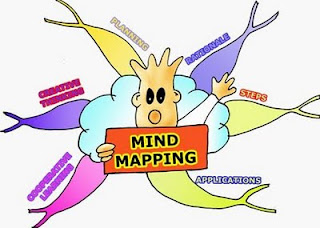How about celebrating teachers appreciation day and week?
and why we need to appreciate our teaches and celebrate appreciation day or week?
Teachers play a key role in every individual’s development and evolution. Showing appreciation to them is a fair reward and an act of gratitude that will also make you feel better. Teachers are that special part of the community helping us all to grow up and be better citizens. This is why most countries celebrate either the World Teachers’ Day (WTD) or their own national equivalents.
Schedule for teachers day and week:
Teacher Appreciation Day 2010 – May 4th
Teacher Appreciation Week 2011: 2nd – 6th May
UNESCO inaugurated October 5 as World Teachers Day, although in the USA, Teacher Appreciation Week is typically celebrated on the above May dates.
Teacher appreciation day 2011 is near and you should be thinking of the ways you can put a smile on your teacher’s cheek. Actually, there are millions ways you can do this, and it will always matter on how you offer this things than what you can offer.
Teachers will always be happy—no matter what you will have to give them.
Other times to honor our teachers is at the end of the school year, thanking them for all they’ve done for our children, at the holidays with a gift, on their birthdays or anytime you feel like thanking a teacher for his/her hard work. Teachers will appreciate all your efforts at any time of the year! Expressing your gratitude for all they do will is especially meaningful during Teacher Appreciation Week and on Teacher Appreciation Day each year.A week, and a day is not enough to thank your teacher for teaching your over 9 months. But you can always make very activity worth remembering if you present it with honest desires and the will to offer gratitude.
Traditionally we remember to show our appreciation for our child’s teacher either during "Teacher Appreciation Week" (in the US) or at the end of the school year. But there is nothing to stop you letting your teachers know how much you appreciate them at any time of the year!
Why we need to appreciate our teacher?
Teachers are one of the most important adults in a child’s life - and yet for much of the time we take them for granted. A dedicated teacher is one of the world’s most precious resources. Our children spend many hours a day with their teachers, who help mold them, shape their character and teach them academic subjects they need to survive in this world, plus they play mediator in many life lessons our kids face when we’re not there to help or untangle the complications of interacting with their peers.
If your child has the great fortune of having one of the really good teachers in our world, by all means, show your appreciation for their dedication and mostly thankless jobs. These special teachers deserve our respect and appreciation and reinforcing their good work will inspire them to continue in their profession, inspire other teachers and generally keep the tradition of inspiring teachers alive.
Sources: Teacher appreciation
- Rexanne
Useful links:
* Annie’s "National Teacher Day" Page
First published at 'factoidz'












